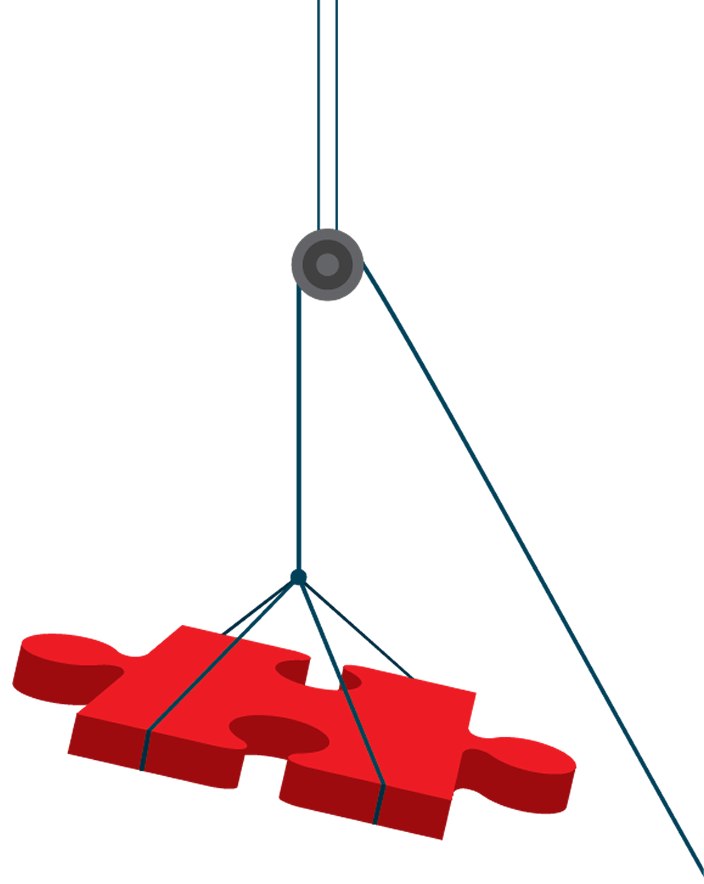
One of the trickier aspects of working in an early childhood centre can sometimes be navigating the relationships we have with a wide variety of people: our colleagues, the children themselves and the parents or carers of the children, IEUA NSW/ACT Branch Professional Officer Karen Forbes writes.
In this article, we’ll look at some types of parents you might meet across your experience of working in a centre, as well as some strategies that might help when dealing with some of the more challenging behaviours displayed by adults.
Before we get into the nitty gritty of what to do and when to do it, something to keep in mind when dealing with parents, is that for most of the time, most of the parents will be pretty good – they’ll be understanding, flexible, happy to communicate and trust that you’re doing the job you’re supposed to do each day. But occasionally, they’ll be challenged by something about your centre (or about anything else – we don’t always know the reason) and they’ll want answers! Try to keep it in perspective though, with the 80/20 rule: 80% of the problems will come from only 20% of the parents and in fact, it’s probably less than 5% of that 20% that will potentially cause you a sleepless night.
Remember that the parents or carers generally only have one or two little poppets to think and worry about, so they can easily seem blinkered in their viewpoint. How many times have you had a parent say to you, ‘I’m not interested in anyone else in the room/centre/class, I’m only interested in ’?
You know that the big picture is important for every child, that education is an holistic journey and that each child has a role to play in the developing relationships among the other children in the centre. So when the parents only want to know about their poppet, you can have the conversation with them about their darling, knowing that you are aware of any extenuating circumstances within the centre and that you probably have positive behaviour management strategies in place already.
So what ‘type’ are you likely to come into contact with? Let’s name the ‘top four’: helicopter, hot house, submarine and volcano. Helicopter parents are those worriers who hover about, controlling every facet of their child’s life. Hot house are the ones who expect the child to be reading Latin and solving algebraic equations by the age of three or are expecting a contract from the Australian Ballet/Symphony or Tennis Australia for their four year old any day now.
Submarines are the ones you never see but also leave their children with you every day with no lunch, no hat, no toilet training; and the volcanos are those who erupt over the most minute detail, spewing a lava of words (sometimes in quite strong language) all over you.
And now, how do we deal with them? Whenever we have to deal with any (or all) of the above, essentially we want to stay calm, assertive and in control. What we don’t want to do is ‘pick up the rope’ because once we get into a tug of war with them, we have no idea if we’ll win or lose. Try to remind yourself that everyone brings some ‘baggage’ with them, including yourself and that on an ‘off’ day, that baggage might have a less than positive effect on how you deal with a particular situation. Don’t beat yourself up if you come away from a meeting thinking I could have handled that better – be reflective by all means and try to learn from the situation but also remember that you do a complex and demanding job that a lot of other people would never manage – but you do, every day!
Ideally we’d all like to resolve issues with others in a way that keeps the relationship intact, but sometimes the relationship might wobble a little as you try to weather the storm – that’s okay too! Be fair, firm and consistent with the parents – just like you are with their children!
IEU Professional Officer, Karen was previously a primary teacher in the Newcastle and upper Hunter region for 30 years. She presented on building positive relationships with parents at the IEUA NSW/ACT Branch Early Childhood Conference.


































































































































